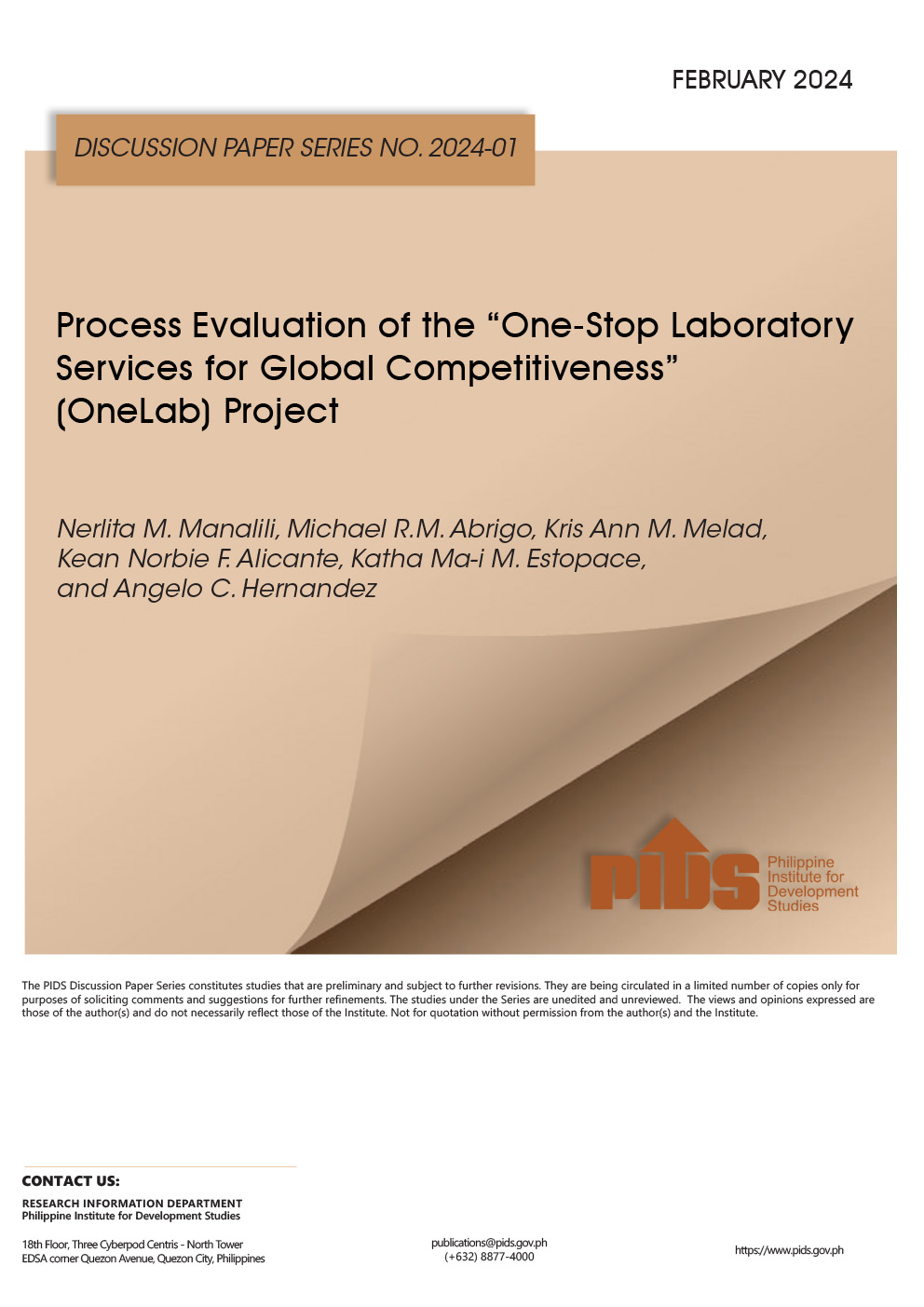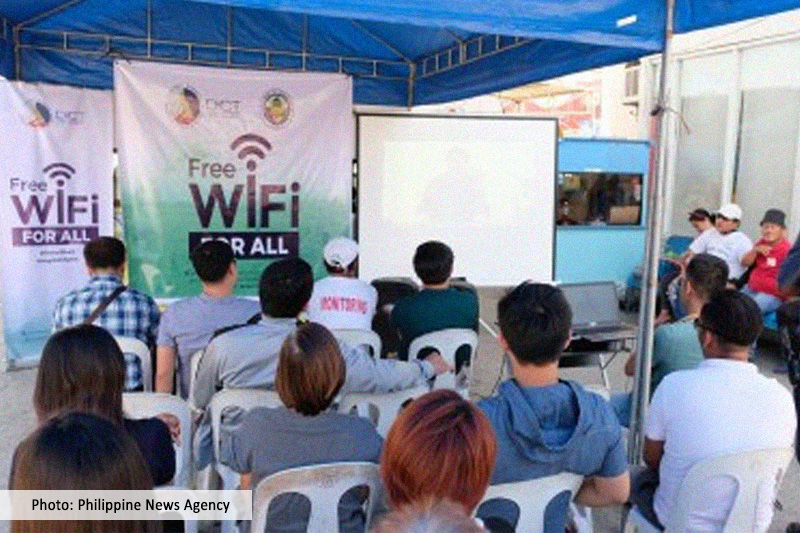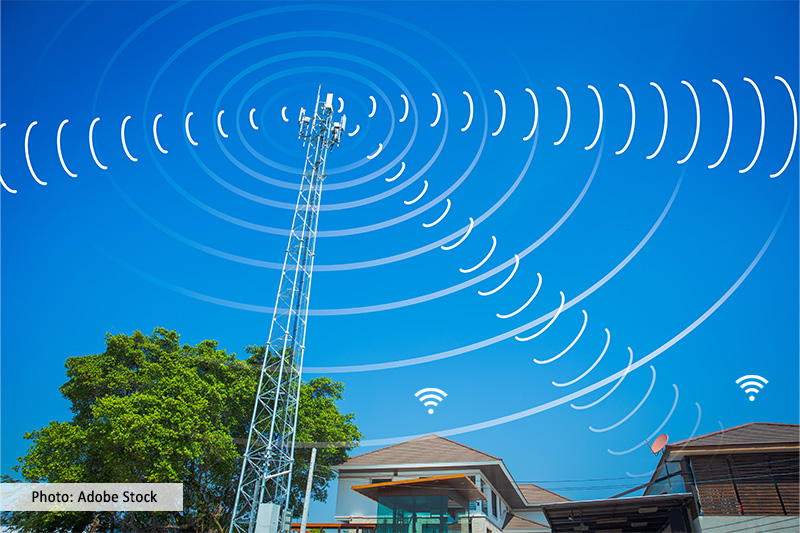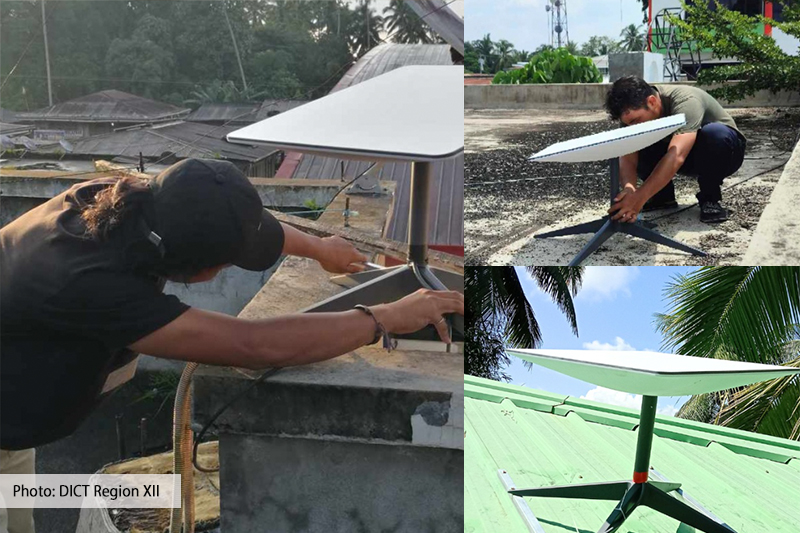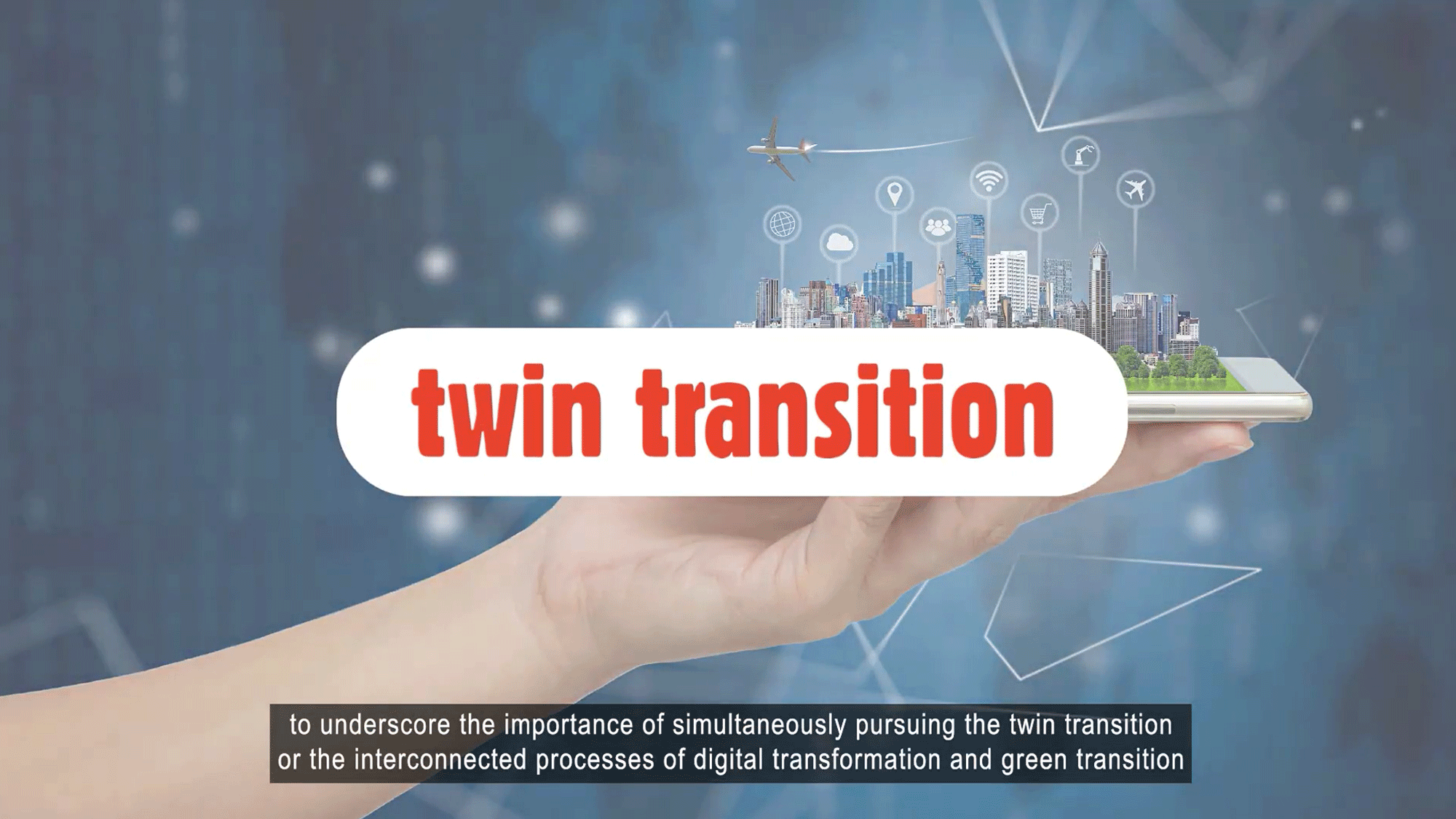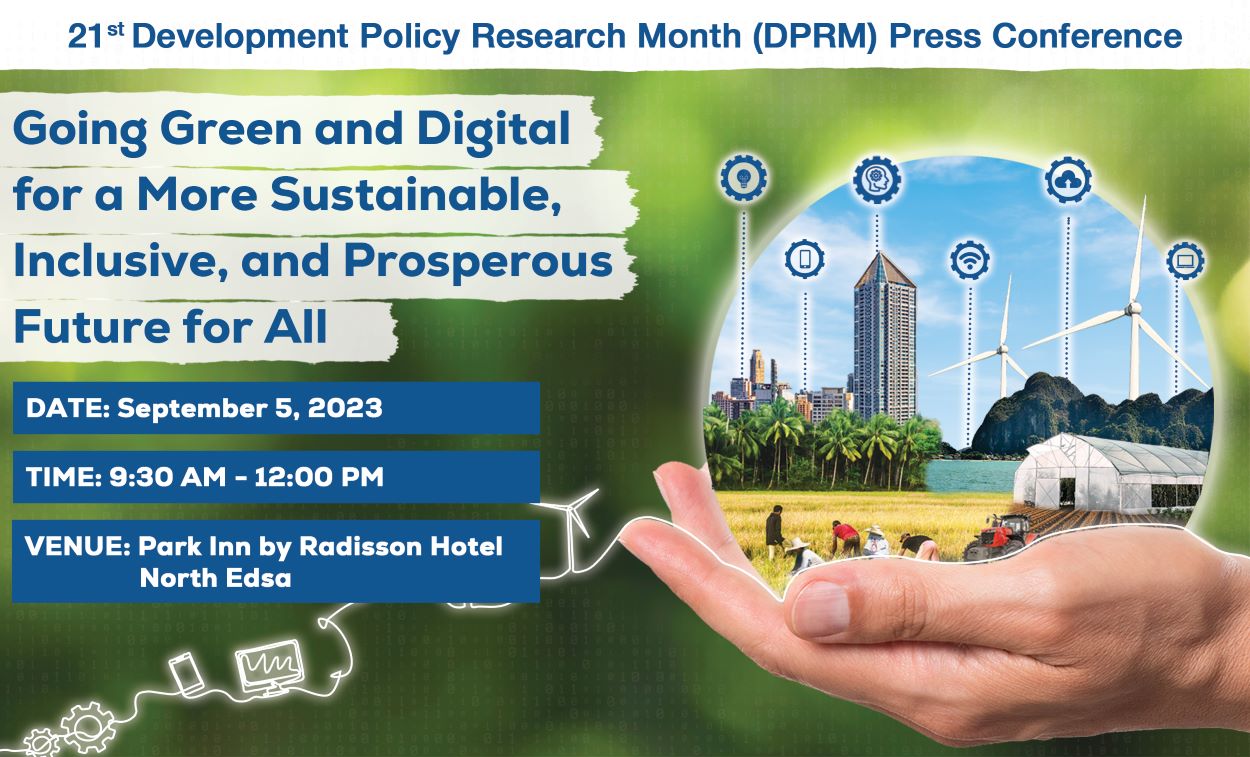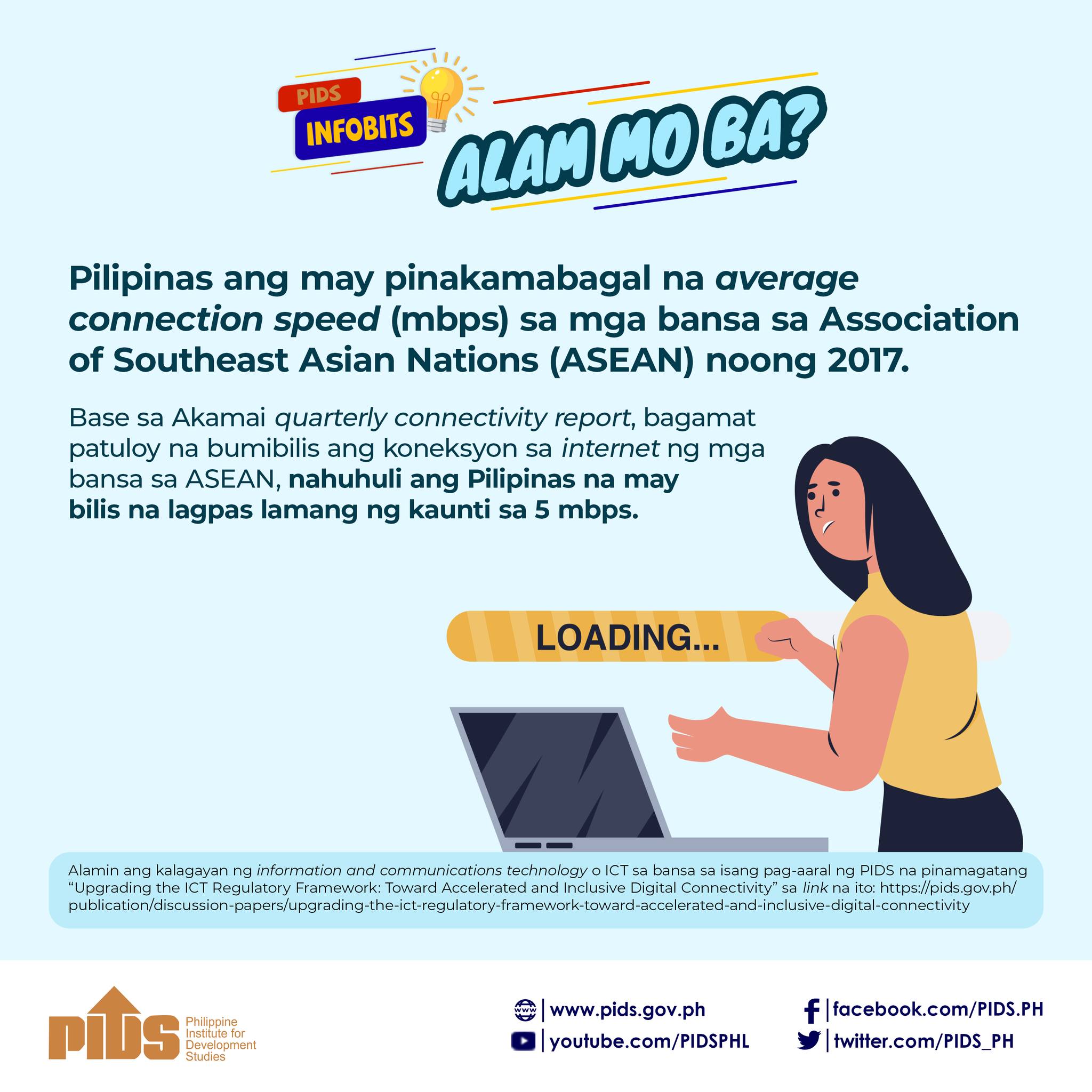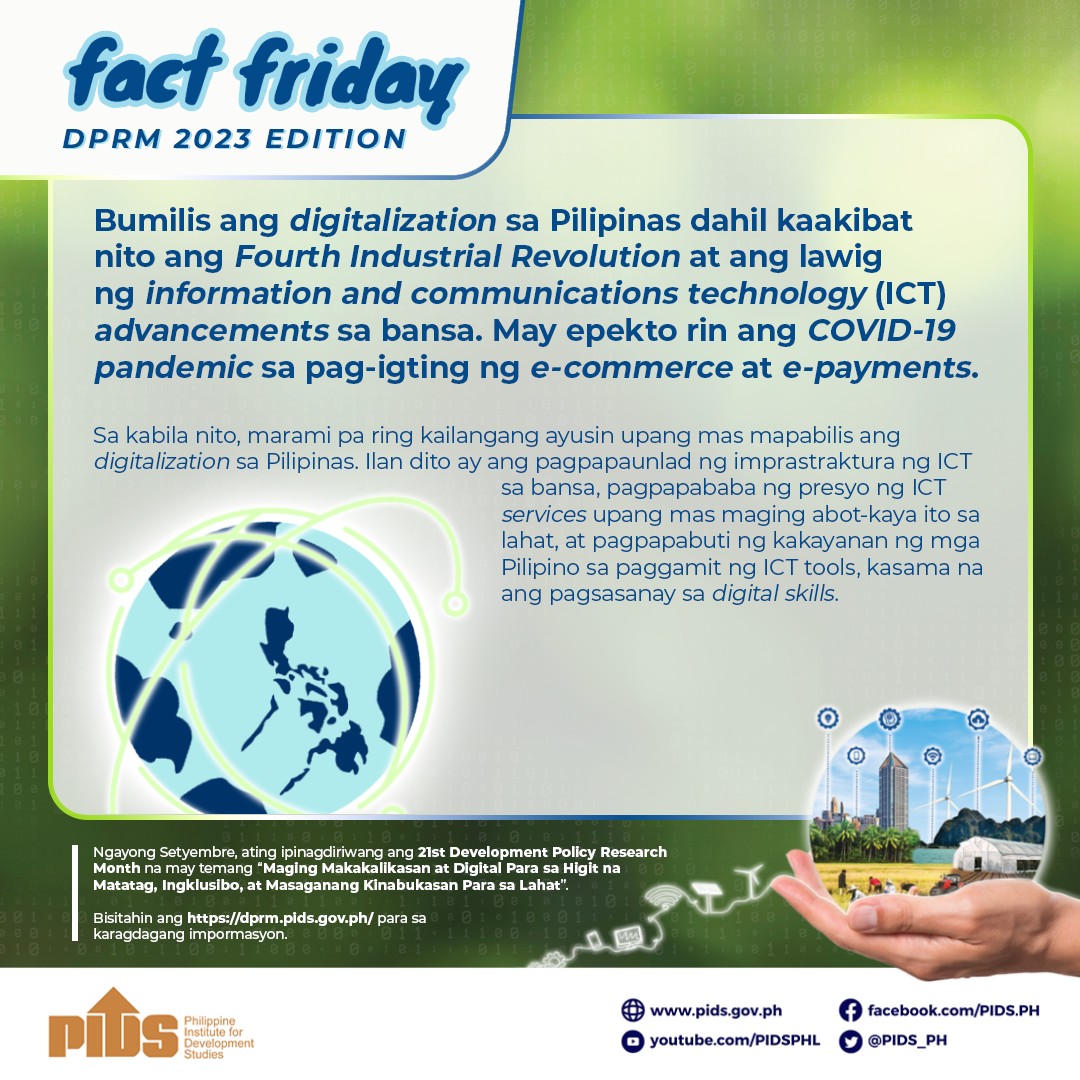A specialist in information and communications technology (ICT) is pushing for the enactment of laws supporting 21st century ICT, according to the Philippine Institute for Development Studies (PIDS).
In a statement over the weekend, the government think tank said Pierre Tito Galla, co-founder of Democracy.Net.PH, stressed the Philippines needs the Open Access and Data Transmission Act, a proposed bill, to establish cohesive regulation of data transmission infrastructure.
PIDS said the law aims to "to lower barriers to market entry, fast-track and lower the cost of deploying broadband facilities, promote infrastructure sharing, and make spectrum management fairer and transparent."
Galla also encouraged Congress to pass the Better Internet Act, which "will provide minimum quality of service standards and metrics for internet connectivity services, not just speed."
"We need metrics apart from download speed and upload speed," he was quoted as saying at the PIDS webinar "Analyzing the Results of the 2019 National ICT Household Survey."
The expert also underlined the relevance of the Satellite-Based Technologies for Internet Connectivity Act, which he claims will make satellite technologies more widely available for internet access.
He explained that the bill's passage would benefit physically remote and disadvantaged areas, which account for 21 percent of the country's population that do not have access to existing wired connectivity services.
In addition to legislation, Galla believes the government should take a "whole-of-nation" approach to ICT-related concerns.
The ICT expert also advocated a "shared policy on underground utility corridors, tunnels, and culverts and a more resilient infrastructure, which the Department of Public Works and Highways should spearhead."
Finally, he asked the public to demand national and local politicians' ICT platforms and proposed action plans for the country during the upcoming elections.
"We need ICT champions because what you do in the local government affects ICT use in your community. We need them in the national and local branches of government (i.e., legislative, executive, and judiciary) and constitutional commissions like the Civil Service so that everyone would be empowered to use ICT," the expert said.

